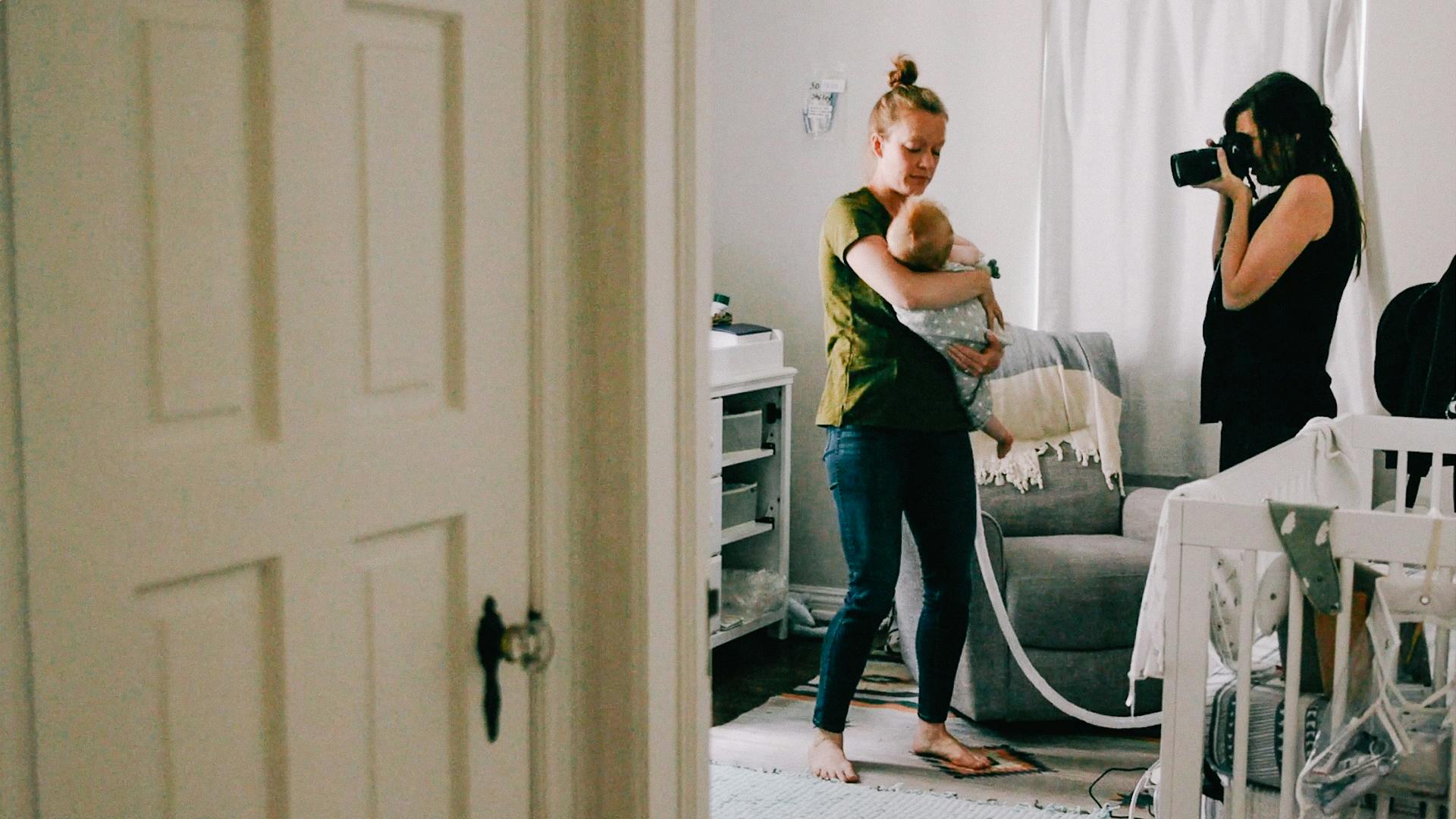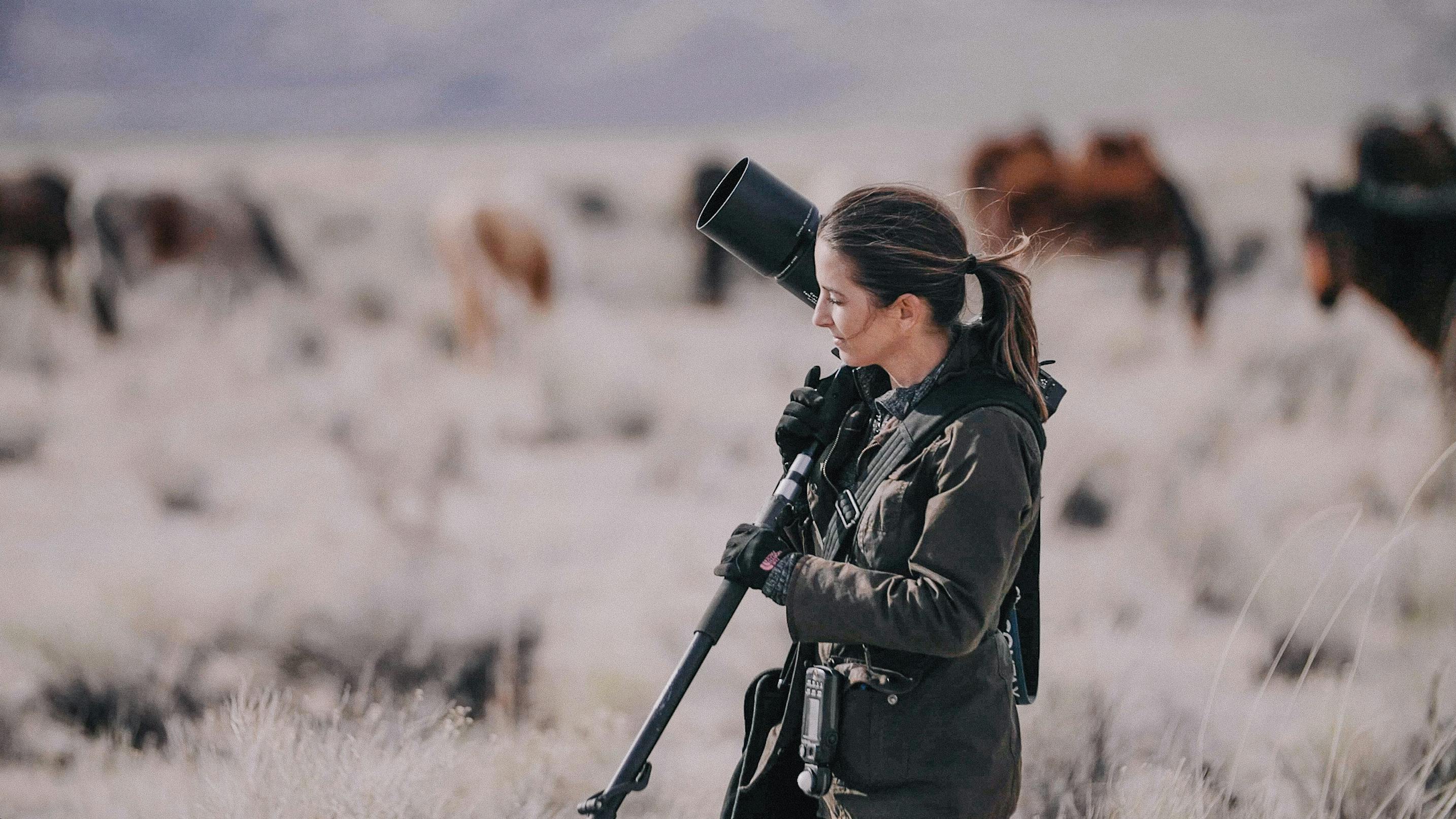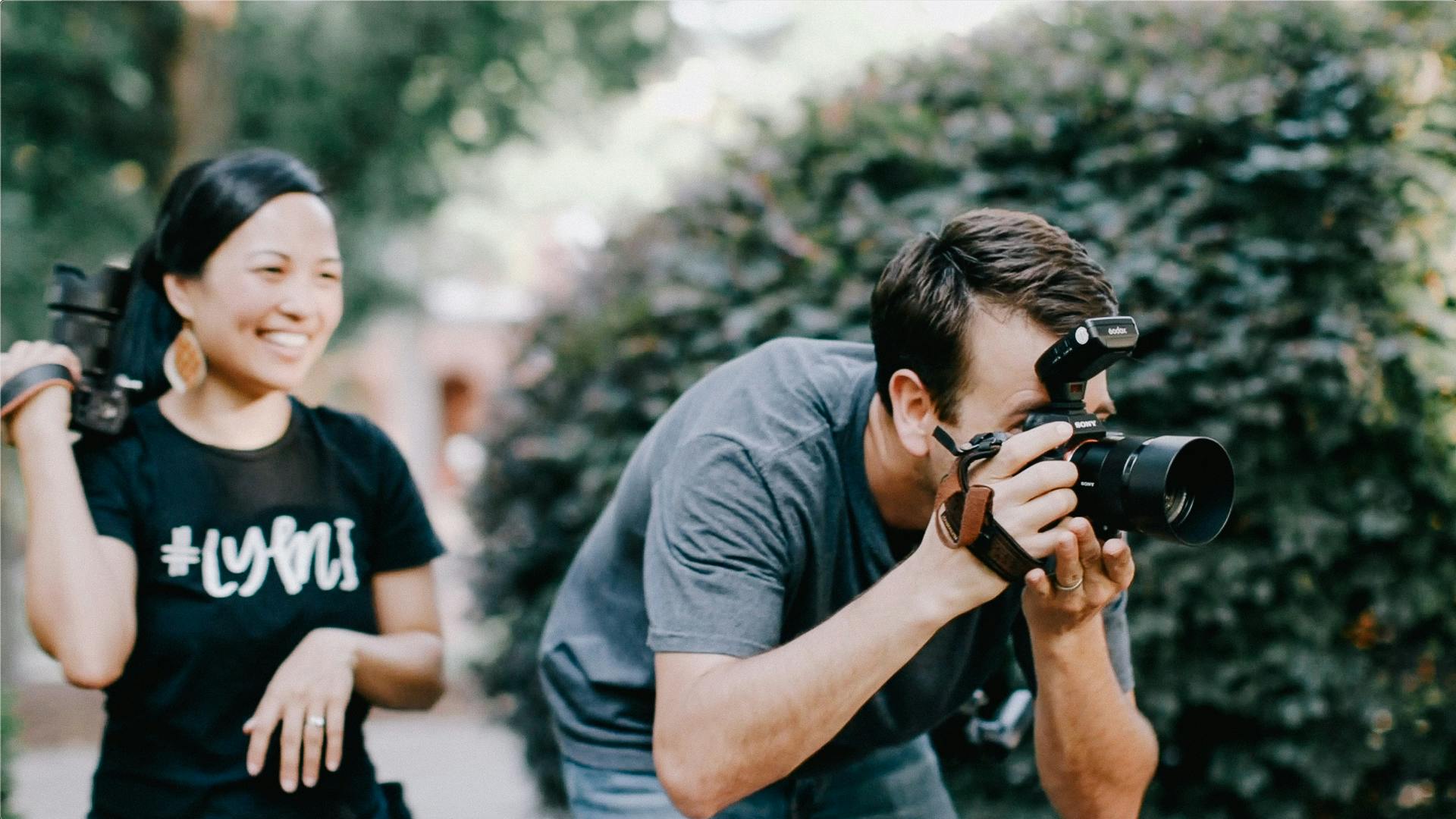The Importance of Passion Projects as a Professional Photographer
If we've learned one thing throughout the COVID pandemic, it's that we never know what life might throw at us. Over the past year, many of us have taken an enforced break from shooting for money. Instead, we've found ourselves using our cameras to explore our emotions, to express our frustrations, and to document this strange time in our lives. Just for a moment, we've reverted to using our camera simply to make art rather than for financial gain. This temporary shift has highlighted how much we stand to grow as photographers when we push ourselves to explore different subjects, different lighting conditions and strip back our gear to its bare bones. And it's been an opportunity to shoot for ourselves without the pressures and expectations that come with clients.
We're continually inspired by the professional photographers who choose to share their work and their story with us. But what sets them apart from the crowd is their passion projects. The work they undertake to help others or to help a cause. In taking on these projects, they have also helped themselves — pushing their photography skills outside of their usual comfort zone, stretching their levels of creativity and ability to tell a story, and giving their work a platform for recognition.
Every photographer who undertakes a personal project does so for different reasons. Some them as a marketing exercise, or a branding opportunity, others use them as a chance to hone their craft, try new styles, or shoot a different subject matter. But for many, personal projects are simply an opportunity to use their skills to give back.
Whatever the reason, the one thing that so many successful photographers have in common is that they all have at least one passion project on the go. Some have four or five that they’re working on at once. We spent time before COVID with some well-known portrait and wedding photographers talking about their passion projects, and why they’re an integral part of their businesses and their lives.

Kirsten Lewis:
Kirsten Lewis is renowned for her ability to capture emotion so raw you feel as if you can reach out and touch it. She is compelled to dive deep into the lives of the families she shoots. The ultimate aim is to let people, particularly other parents, know that they are not alone.
"I was born to be a storyteller… I can't not do it. I'm moved by people's stories. I'm moved to be their ledge that they can stand on and show the world why they deserve to be seen and heard."
This desire to help people tell their stories fuels her passion, encouraging her to develop and grow as a photographer and storyteller.
"If you're only making pictures because there is a paycheck attached to it, you're going to burn out. You're going to start resenting your camera. You're going to lose your innate sense of curiosity."
Personal projects are an opportunity to shoot without pressure or expectations. They're a chance to produce images that you connect to, rather than just taking photos that you think your client will want. Kirsten has since transferred this way of thinking across to her paid work. Now, when she shoots for a client, she's focusing more on the moments, emotions, and relationships that she finds interesting.
"I'm answering the questions I have about their lives. I'm no longer making pictures that I feel are expected of me."
Kirsten's passion projects have always been a way for her to explore her love of storytelling in a low-pressure setting. Now, every shoot she undertakes is treated the same as her personal projects. It's taken 17 years of professional and personal projects to get to this point, but she believes her work is stronger for it.
> We went behind the scenes during one of Kirsten's passion projects to understand just how involved she is, and how this reflects in her photographs. View the full video here.

KT Merry
KT Merry’s passion projects have taken her around the world. From wild mustangs in Northern Nevada to endangered species in Kenya, she acts as an advocate for wildlife facing the pressures of human expansion. Her goal is to encourage people to be more involved in local conservation projects by allowing people to experience a connection with these animals that they may never have the opportunity to witness in real life.
“There’s a lot of human and animal conflict. I love to be a visual advocate for them, to capture their beauty, and to ensure they’re around for future generations...”
As photographers, we have the unique ability to capture emotions and moments that can drive a point home. We can connect viewers to causes, helping them understand and empathize—none of which is possible without visually compelling images.
“It’s a great feeling to be able to use your skillset to give back, and everyone has a passion that touches close to home… whatever that is, you can use this skill to do good.”
Regardless of the subject matter, you can use your skill as a photographer to help spread the word. Plus, you have just as much to gain by donating your skills to a charity, organization, or cause—it’s an opportunity to grow as a photographer, to shoot outside your comfort zone, and to challenge yourself technically.
“You’re shooting in conditions that might not be ideal and capturing subjects that are outside of your norm… you’re only ever going to improve as a photographer when you push yourself in these situations.”
> We joined KT on a recent shoot in Northern Nevada, photographing a herd of 70 wild mustangs. View the full video here.

The Blumes
For Phillip and Eileen Blume, it was one massive personal project that kickstarted their careers as photographers. They’d been treading water for some time, working endless hours without achieving stability when the opportunity arose to shoot a promo video for an organization in Guatemala. The 3-4 min promotional video quickly became a feature-length documentary highlighting the work being done to get kids out of gangs, giving them a new life. From universities to film festivals, their video gained traction—people connected to the story, they wanted to be a part of their mission, to support their business and their work in Guatemala.
“People don’t buy what you do; they buy why you do it.”
Their passion projects act as a way to market their business, but they also provide Phillip and Eileen the opportunity to experiment without pressure, and to try new things. Before heading to Guatemala, neither of the Blumes had ever shot video, and their video-capable cameras only arrived two days before they flew out. The whole project was a massive risk, one they took solely to see if they could do something—anything—to help.
“It’s so easy to get burned out. Personal projects allow you to pursue new passions, learn new things, and to stay fresh.”
Their passion projects helped to skyrocket their careers, but more importantly, for the Blumes, they enhance their lives. To this day, they still see their studio work as a fundraising arm for their ongoing personal projects, allowing them to contribute photography and videography to organizations doing essential work. It’s something they want their children to see, to be immersed in, and to understand.
> We recently joined Phillip, Eileen, and their three children for a day to see just how they balance work, being parents, and their passion projects. View the full video here.


